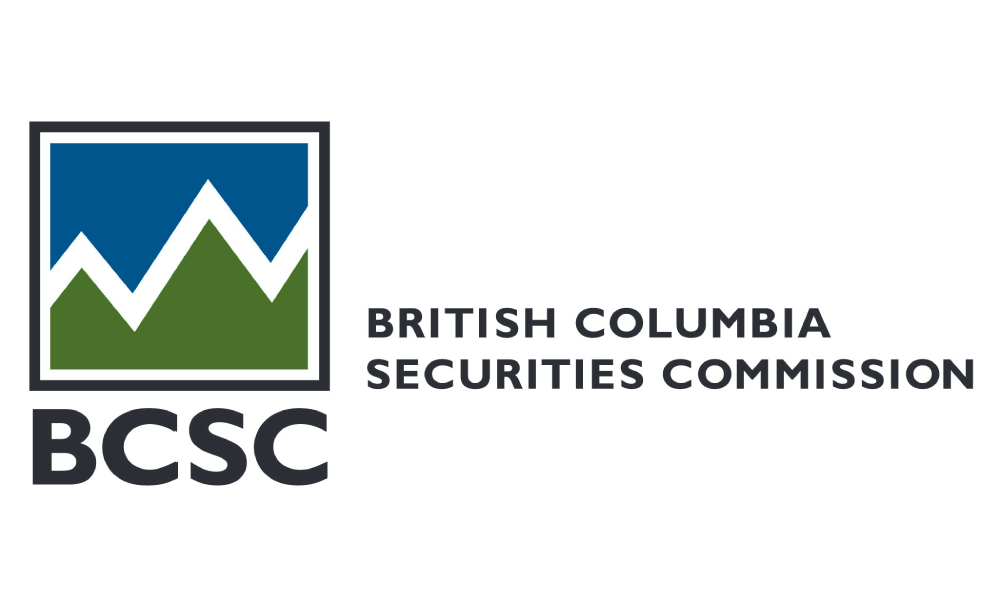
Evidence released by the B.C. Securities Commission is being used in a potential class action

The British Columbia Securities Commission is justified in releasing documents used in a regulatory hearing that may now be used in a proposed class-action suit, The British Columbia Court of Appeal has ruled.
B.C.’s top court earlier this month rejected an application from BridgeMark Financial Corp. and several other appellants. They claimed the BCSC made an error when it released certain documents entered into evidence at a hearing to consider extending a temporary cease trade order.
“Justice has to be seen to be done, and there is a need for people to scrutinize what securities regulators are doing,” says Andrew Wilson, managing partner with JSS Barristers. “It’s important when you are talking about securities regulation, because the regulator is tasked with managing the capital markets, so people must have faith in the functioning and fairness of the markets, or they won’t participate.”
The BCSC obtained the documents in 2018 as part of an investigation into whether BridgeMark and a group of issuers violated securities rules by engaging in an illegal distribution of shares.
The appellants argued the BCSC violated confidentiality rules when it released documents that were obtained as part of the investigation to a law firm, Camp Fiorante Matthews Mogerman, that “intends to use the documents to advance a class action against the subjects of the investigation.”
The commission's investigation revolved around whether BridgeMark and the issuers had violated securities legislation by participating in a scheme that involved “conduct abusive to the capital markets” and the illegal distribution of securities.
It was looking into whether BridgeMark had facilitated the illegal distribution of securities in private placements by purporting to be consultants when they were not. It was also looking whether the issuers had paid most of the private placements' proceeds back to the purchasers as consulting fees when little or no consulting services had been, or were intended to be, performed.
The issuers include Cryptobloc Technologies Corp., New Point Exploration Corp., Green 2 Blue Energy Corp., BLOK Technologies Inc., Kootenay Zinc Corp., Affinor Growers Inc., Beleave Inc., Liht Cannabis Corp. PreveCeutical Medical Inc., Speakeasy Cannabis Club Ltd., and Abattis Bioceuticals Corp.
The appeal court noted in its decision that BridgeMark argued the commission erred "by conflating making commission proceedings open to the public, with making the evidence given or filed in those proceedings available to the public."
It contended the commission “should have balanced the public interest in open hearings against the public interest in enforcing the implied undertaking of confidentiality, and could have done so by affording the public a right of access to the proceeding but not unfettered access to documents filed in the proceeding.”
However, the three-member appeal court panel ruled that once the regulator decided to hold a hearing, it had a duty to hold that hearing in public and to permit public access to the evidence relied on as part of the hearing, unless releasing the evidence “would be unduly prejudicial.” In April 2019, Glacier Media was granted access to certain exhibits and transcripts in the proceedings.
Writing on behalf of the panel, which included Justice Patrice Abrioux and Justice Joyce DeWitt-Van Oosten, Justice Peter Willcock noted he commission “regarded the public interest in open proceedings to be paramount and held that it outweighed any potential prejudice to the parties arising from disclosure.” The court also wrote the BCSC redacted certain information from the exhibits to protect the privacy of certain third parties.
“Once the Commission elected to hold a hearing, its enabling statutory framework imposed a duty to hold the hearing in public, to maintain a record of the hearing, and, consistent with the open court principle, to permit public access to the record."
A refusal to permit access to exhibits on the grounds they were obtained by use of the commission’s “powers of compulsion” would apply in every case, the appeal court said, and would lead to the exclusion of the public from all commission proceedings.
Wilson says that there are times when disclosure of documents might risk an ongoing investigation and potentially harm investors. “That would be a consideration of the public interest as well, so securities regulators have to consider each situation carefully.”